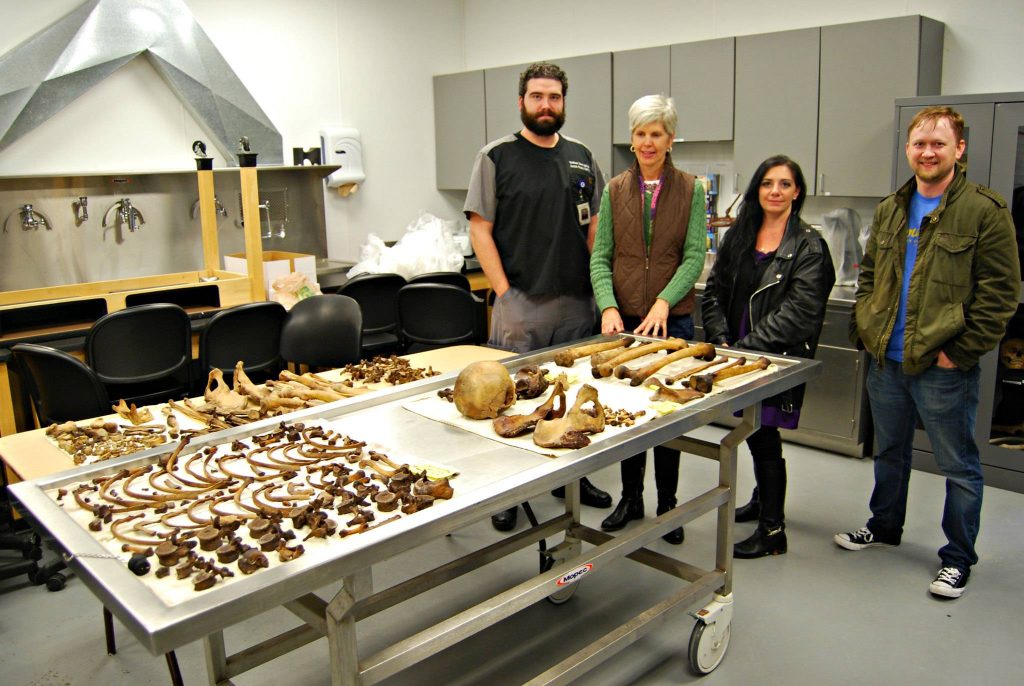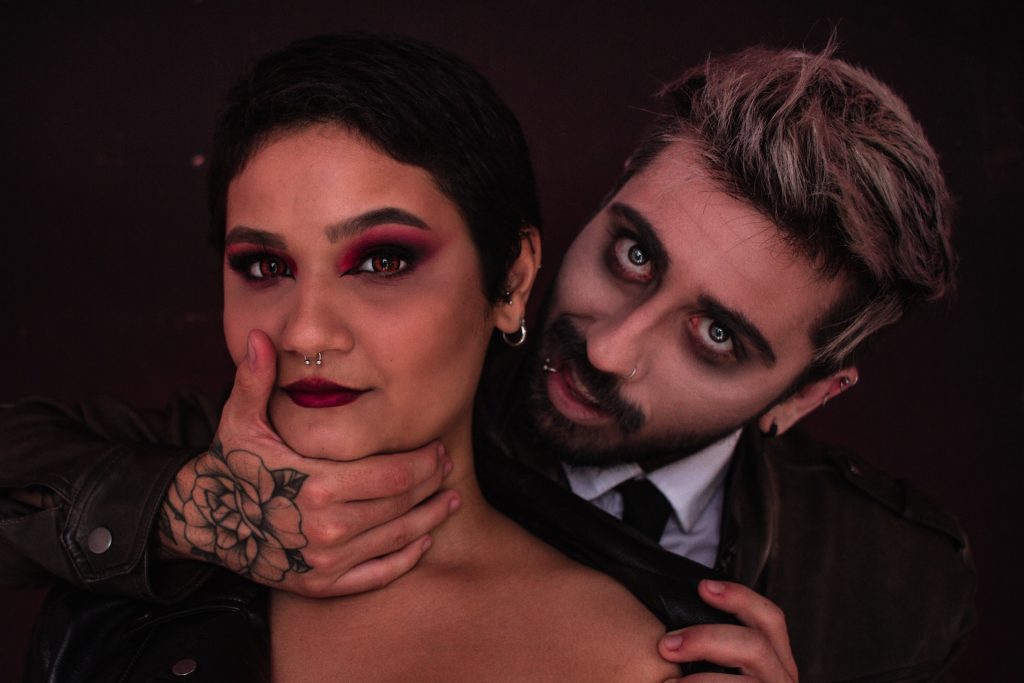It bugs the hell out of me why this has not been solved.
What Makes True Crime So Popular and Fascinating?

For some, true crime is putting on those hundred-dollar headphones, kicking back with a drink and listening to their favourite podcaster. For others, it’s taking a bit of time out to read a real-life story filled with mystery or intrigue.

Where Netflix has garnered attention for its true crime shows, others like Sky and Peacock are commissioning their own at a rampant rate. So what makes true crime so popular? Is there really a culture built around real-life tales of murder?
Let me take you back to the early Nineties, where, as a teenager I would consume books that had titles like ‘Mysteries of the Unexplained’, ‘Cold Case Investigations’, ‘True Crime Tales’, or ‘Strange Deaths’. I did this not out of any macabre notion but because the stories within their pages fascinated me.
I stock-piled true crime magazines and biographies of ‘bad’ people like there was no tomorrow. But as time went on, and I moved around, they were unfortunately confined to the corridors of time, probably shifted on at a boot-sale or two, though I hugely regret that now!
It is that fascination with true crime and real-life stories that continued to intrigue through my adult years. Because let’s face it, most ‘fictional’ stories, especially mysteries and thrillers, have some basis in reality. As an author, I know I certainly draw on true crime for my works of fiction.
And yet if you’re a ‘fan’ of true crime, you can be looked at weirdly and as someone who is probably up to no good. Tell someone you’re a fan of horror movies, death metal, dark fantasy, gore films, or vampire stories then you’re less likely to be frowned upon.
Why are fictional horror stories created from the darkest parts of our imagination less frowned upon than real life horror? The answer it seems is simple, it’s because true crime is something that is tangible and real while fiction is deemed to be unreal and safe.
True crime teaches and prepares us
Readers, podcast listeners, and streaming audiences, love true crime for many different reasons but ask them why and you’ll probably get one of the following answers. True crime fascinates us, teaches us, and prepares us to avoid falling into the same trap as those we read about.
We think it will never happen to us and hopefully it won’t but if we recognise some of the signs from what we’ve read in true crime books, then it gives us hope that we can protect ourselves, pre-empting the bad around the corner.
We avoid the dark alleyways at night, the email scams, the stranger looking at us weirdly. We walk under cover of light, knowing that the shadows are where evil lies. We walk home in pairs, protected by numbers, safe in the knowledge that most people are alone when they become victims.
True crime – good true crime – teaches us what to look out for, it trains us to know the signs, appreciate them, and change tact to avoid the stigma of becoming a victim. We are more aware of the reasons and motives behind crime, and hope that we never fall into the same trap, empowered by our knowledge of how the world works.
Out of this fascination with true crime, a sub-culture grew, hidden away from mainstream eyes until streaming services brought true crime to the masses, though some could argue that programs like Motorway Cops and other real-life documentary series were giving us true crime long before the internet.
The fundamental element of true crime is that it is a crime that has taken place in the real world and is thus seen as true – obvious I know. But by using that same basis, the very earliest true crime dates back centuries when crime was reported in newspapers and later on radio.

True crime has been with us for centuries
Stories of murder and robbery and other crimes, though grim and morally questionable, have always intrigued us. Before the days of the internet, when we told of a murder happening somewhere in the country, we’d turn the radio on, get the signal working on the TV and eagerly await that on-the-hour bong signalling the incoming news report.
There, the newscaster would tell us as much as we were allowed to know about a crime and we ate it up, it made us feel alive, connected us to others who were talking about it, and made us feel part of something.
But does true crime come at the expense of a victim? The victims are certainly the focus in many true crime stories but at the end of the day to have a victim, you need a suspect, and it is why or how the suspect created a victim that intrigues us further.
Perhaps we want to know if we could ourselves create a victim in such horrific circumstances, perhaps in the case of a robbery, we are curious to know how they done it, why they did it, and what if any process led to them being caught.
Really though, we are fascinated with death as it is our final journey, our ultimate destination, and facing it head on is one way we are able to come to understand our own mortality. We flitter through life on the corridors of time so quickly that we want to know if death really is the end, or the beginning of a new journey.
True crime asks questions of us, begging us to look deeper into ourselves, to understand who we are, why we are, and how we fit into the grand scheme of things. True crime is an avenue in which we can experience the worst the world has to offer from the safety of our own homes.
Understanding that true crime consumption is a safe experience is one way to understand why so many people incorporate it into their daily lives.
True crime is not going away anytime soon
Watching, reading, or listening to true crime is no different than watching a news report about a murder or other type of crime. Sure, you might not be a ‘fan’ of the news but you can be a ‘fan’ of true crime in such a way that you get your fix from an author you’re familiar with or a podcaster you like.
Many people go back to the same horror authors, the same death metal bands, the same dark fantasy artist, whose works contain no less horrific aspects than true crime itself. If you can be a fan of dark horror then you can be a fan of true crime.
Though it is a little strange and immoral to suggest that you have a ‘favourite’ killer and is in total disregard of the victims. Good true crime gives you an unbiased approach of both the victim and perpetrator of the crime.
The truth is that many people won’t buy a book about a victim but they will buy one of the killer. As long as the book or show does not glorify the killer then there is nothing wrong with it. They say sex sales, and the same can be said about murder.
The darkest parts of the human soul will always intrigue and fascinate those who live in the light, the good ones, the morally secure. The ones who consume true crime from a different perspective, one of darkness and evil, are not part of the true crime family and never will be.
We consume true crime to help us understand, learn, and prevent crime. True crime offers a unique view on the world in a way that only true crime can, allowing us to open our eyes to the society around us.
True crime is popular because it always has been, from the early days of news reporting to the present day of streaming, podcasting, and digital books. True crime will never go away and will continue to adapt to the new world it finds itself in.
- What Happens to Cold Cases? The Intricacies and Unsolved Mysteries Explained

- 13 Facts You Need to Know About Levi Bellfield: The Bus Stop Stalker

- How Has Pathology Evolved Over Time? (History of True Crime)

- Trio Convicted of June 2022 Westminster Murder of Adnan Saleh

- How Did Forensic Science Evolve Through History? (History of True Crime)

I feel like there should be more killers who use the internet especially in today's world.
Thanks for this. Anymore podcast lists coming anytime soon??
Not just females.
[…] Not So Heavenly Creatures: The case of two teenage girls who fell in love, created their own religion, entered…
There's a lot more the Italian authorities are not releasing over this case. Makes you wonder the extent of the…

 T
T
What Happens to Cold Cases? The Intricacies and Unsolved Mysteries Explained

 T
T
How Has Pathology Evolved Over Time? (History of True Crime)

 T
T
How Did Forensic Science Evolve Through History? (History of True Crime)

 T
T



